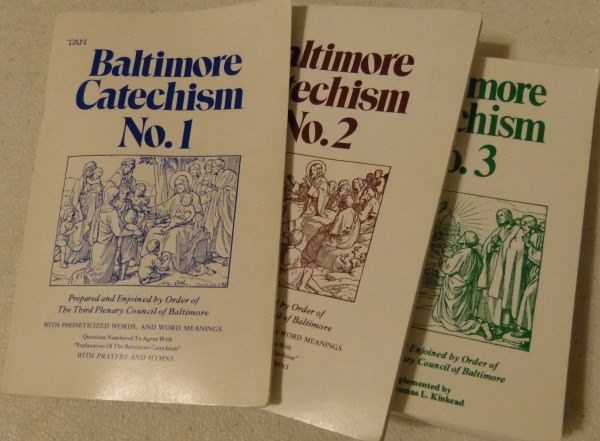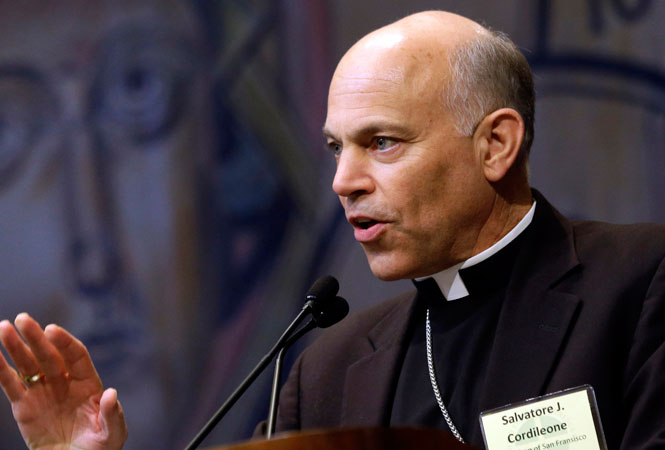Why You Should Read Baltimore Catechism #4
I wrote about how I started reading the Baltimore Catechism in a previous article. I’m happy to say that I recently completed the fourth and final volume. The fourth volume of the Baltimore Catechism was definitely my favorite because it provided the most thorough explanations. The first three volumes are tailored more for memorization and […]
Why You Should Read Baltimore Catechism #4 Read More »






